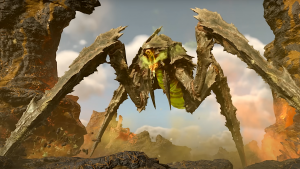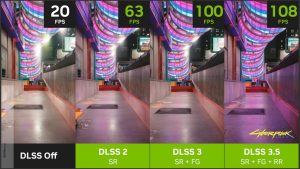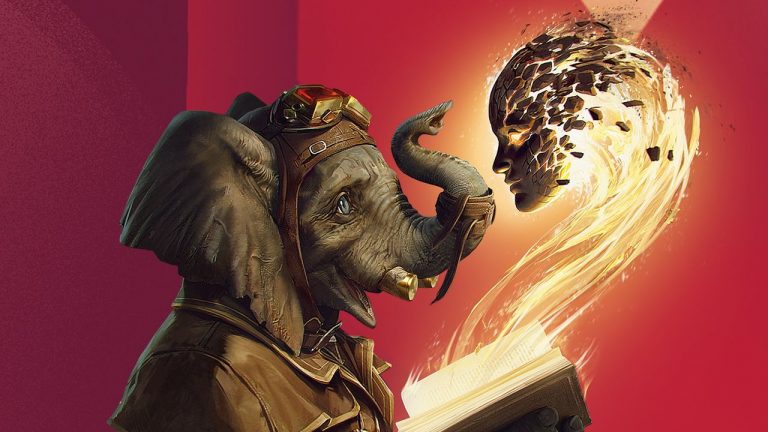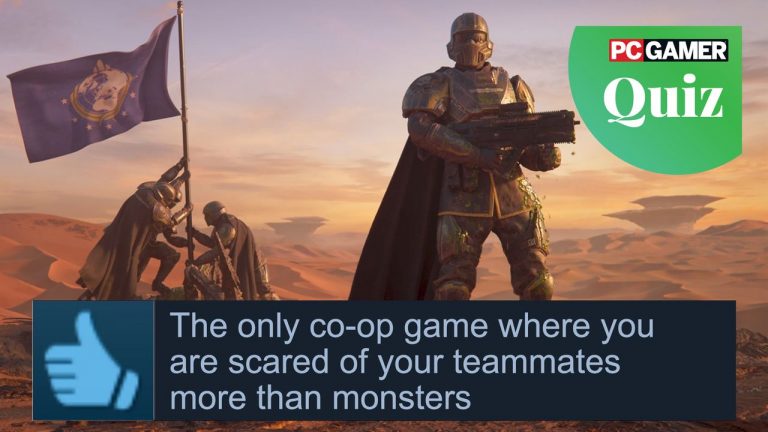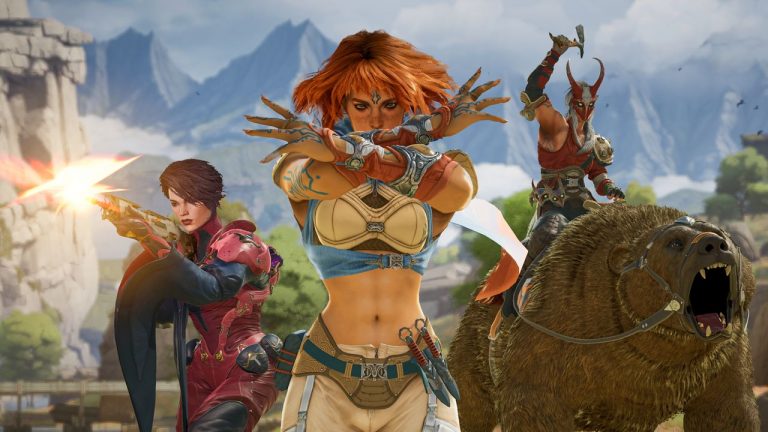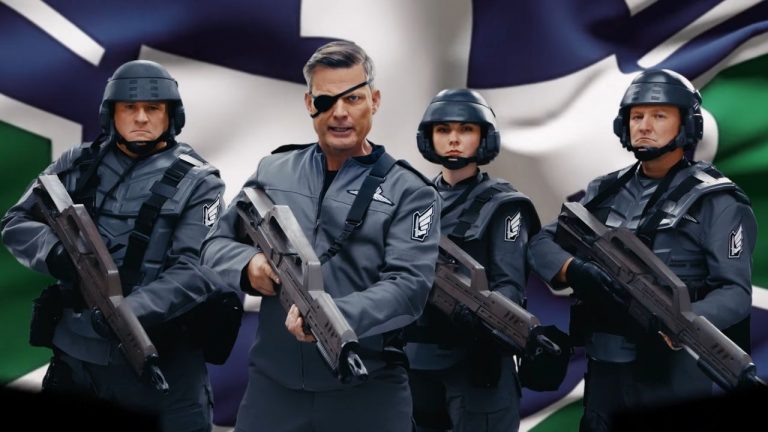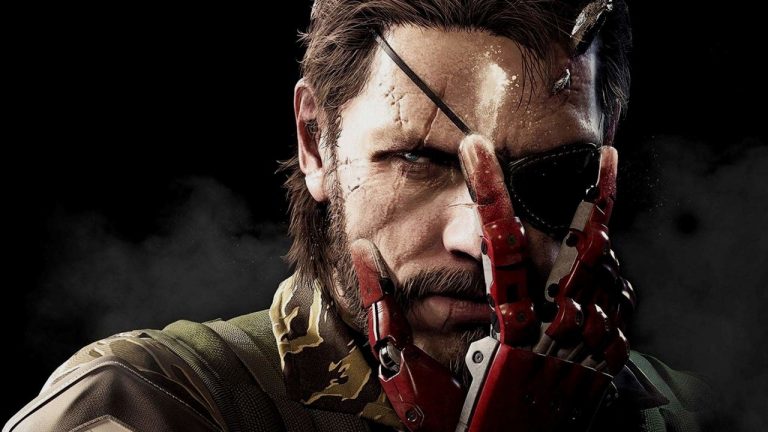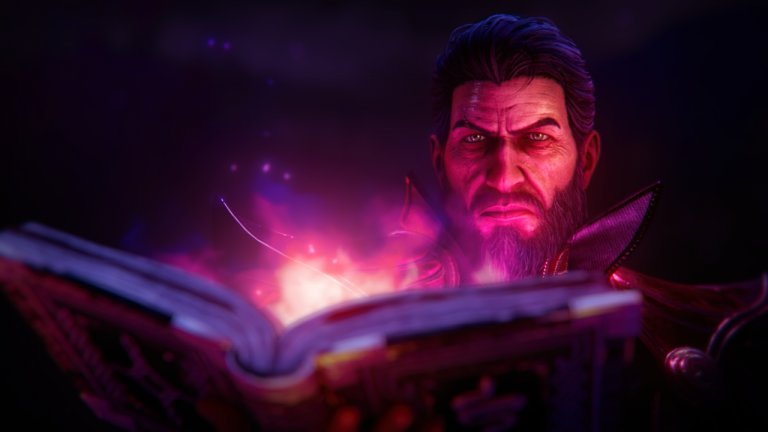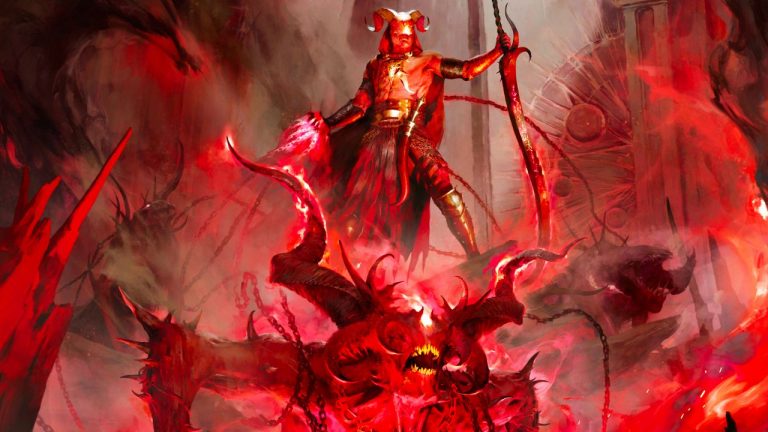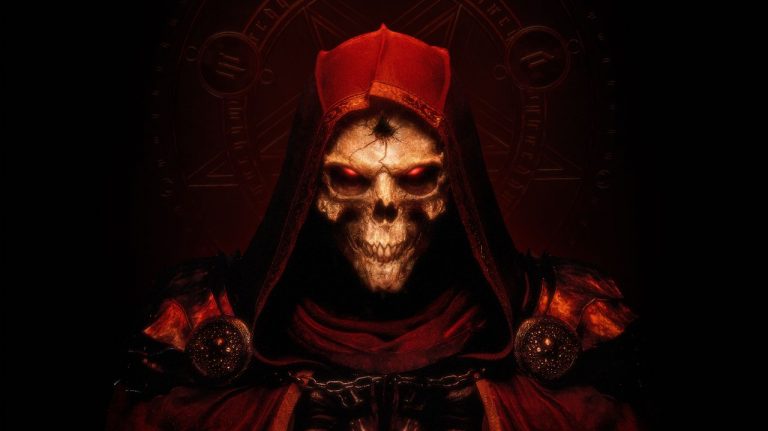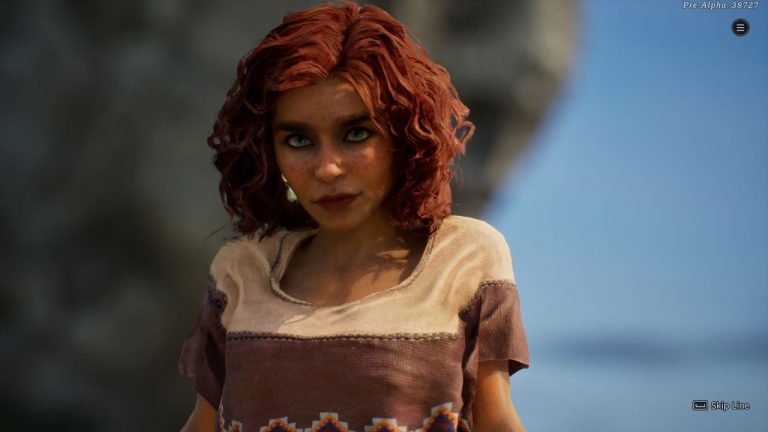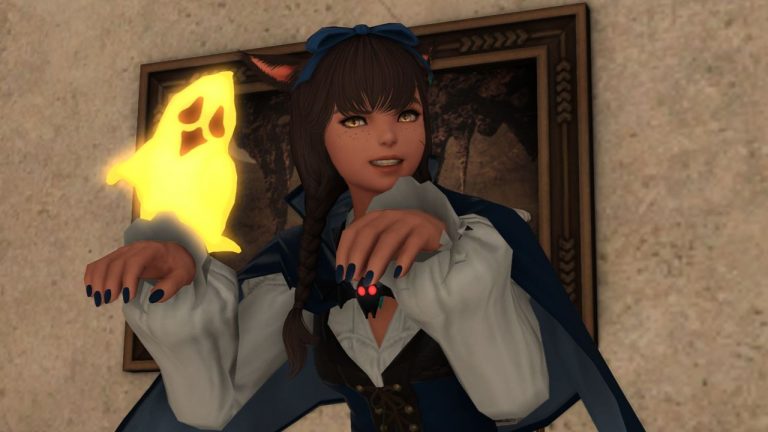Helldivers 2 fans (a demographic that encompasses 68% of the planet so far as I can tell) are feeling the spirit of Big Boss. Specifically, they’ve noticed that the game’s movement and more than a few of its animations bear a striking resemblance to 2014’s Metal Gear Solid: Ground Zeroes and its follow-up The Phantom Pain. And you know what? They couldn’t be happier about it.
Originally highlighted in a TikTok video from AnthonyCSN, the similarities between the movement animations in Helldivers 2 and MGS5 are impossible to ignore when you put the games side-by-side. From sprinting, to crouch-walking, to diving—there’s a bit of Kojima in every step you take as you spread Managed Democracy throughout the cosmos.
But AnthonyCSN wasn’t putting Helldivers on blast. “This feels like Metal Gear Solid 5,” said the TikToker, “and that’s a good thing.” He added that “[MGS5] had the best gameplay that the [Metal Gear] series ever had… for Helldivers to even be reminiscent of that is great, I love it.” That statement earned a democratic “ooh-rah!” from the community, but it’s drawn the eye of game devs too, and they all agree: Good artists borrow, great artists steal.
“I’m not kidding when I say more games should just directly copy stuff that feels good from games they like and riff from there,” wrote Obsidian studio design director Josh Sawyer on Twitter. “The act of copying something requires you to do a lot of critical analysis, and it’s extremely informative even if you scrap everything and start over.”
As an RPG veteran, Sawyer would certainly know. Tease apart any classic roleplaying game and you’ll find a mish-mash of narrative and mechanical inspirations from all sorts of forebears, whether it’s D&D and Tolkien or Renaissance art and literature. Heck, the same goes for any genre. Once upon a time we called every FPS a “Doom clone.”
Other devs were quick to agree with Sawyer, and even pointed out the mechanics they’d yoinked for their own games. Pacific Drive’s Seth Rosen commented that “You can thank Return of the Obra Dinn for the way the quirk diagnosis system works in Pacific Drive.”
Another dev, Timberline Games’ Nathaniel Chapman, replied that “The reality is you’re probably either the industry leader in something… or you’re not and you’ll learn 10x as much copying a master as you will fumbling around in the dark.”
“Different is not always best,” agreed Tim Spencer of TT Games.
And so on. Simply put, fans and devs have been united—rightfully, if you ask me—in lauding Arrowhead for being willing to do what works even if it’s not 100% unique, and encouraging other developers to do the same.
Well, there was one point of contention. A fair few onlookers pointed out that reactions weren’t quite as glowing when Palworld released last month to a chorus of people loudly wondering when Nintendo’s lawyers would launch a full-scale armed assault on Pocketpair’s offices.
But Palworld’s use of Pokémon-style mechanics and aesthetics was a lot more liberal than the elements of MGS5 in Helldivers’ movement. I don’t think that makes the negative reactions—or the spurious AI accusations—correct, but I can understand why it led to some sharpened pitchforks.
Nintendo is also legendarily litigious, and I think a lot of the discourse around Palworld was just about wondering if the corporation would react rather than declaring that it should. Perhaps the famous saying should be amended: Good artists borrow, great artists steal, and the best artists do both in a way that doesn’t give Doug Bowser cause to sue you into an early grave.

